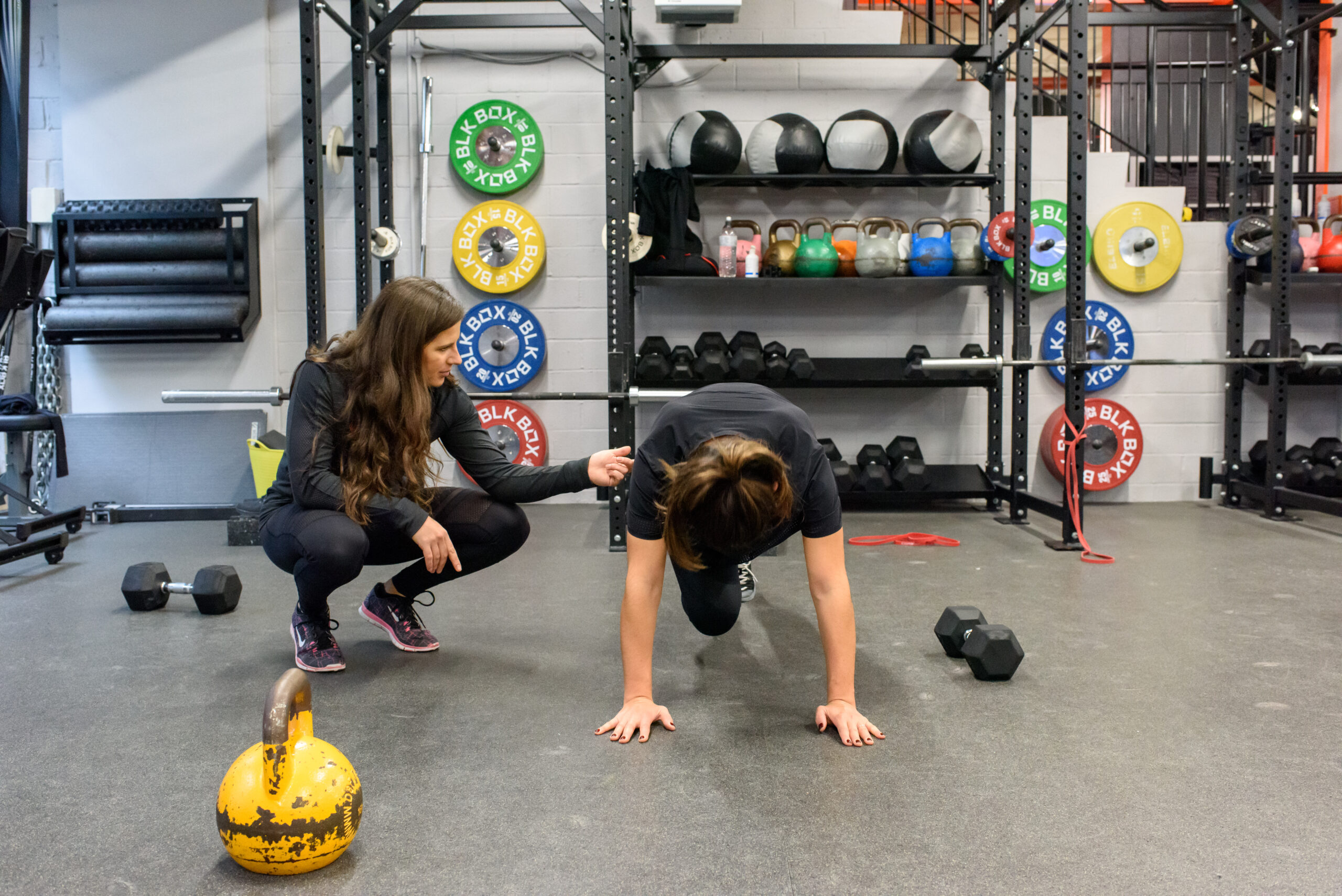You’ve decided to take the first step to become a healthier person and getting ‘fitter’ this year, like with many other people starting out their fitness journey.
You’ve got your new shiny gym gears at the ready that you got for Christmas, the smartwatch, the fitness apps and have read some articles online in preparation to get fit until you suddenly realise… Where do I actually start?
The fundamentals for beginner fitness
The internet has an infinite abundance of information which is great, however, unfortunately, there is no filter for information that can lead you down the wrong path.
Here we have some fundamental principles for beginners that can help set you up on the right path of your fitness journey.
1. Build a solid foundation of strength
Often when people think fitness, they just think more running, cycling or swimming will do the trick. Increasing muscle mass and strength through strength training will often lead to better overall fitness. Look at it this way – it’s going to be a lot easier to cycle to work, run up a hill or run faster when your legs, core, and arms are stronger than they were before, right?
Regular resistance training is a key component of increasing fitness.
Building a strong foundation first is important as it will build a base strength that will allow you to recover faster and work hard, also potentially avoiding injury later down the track.
2. Full body training sessions
At the beginning of your fitness journey, stick to the basics and do them really well in a progressive fashion. Full body training sessions involve compound movements which means you are working more than one muscle group at a time. For example, during a squat you are working your glutes, hamstrings, quads, and core, this is where you’ll get the most bang for your buck.
An example of what your training week could potentially look like over a 3-day split is having a squat day, a hinge movement day and a single leg movement day and add in the upper body and some lower body exercises into that routine. Full body training will set you up to build a strong foundation of strength for all areas of your body.
It is also important as you are going to burn more calories whilst doing so which means not only are your muscles working harder, but your lungs are working harder too. It also ties into building a strong foundation first; strengthen the larger muscles groups to support your body and you’ll become stronger.
3. Consistency
This is something that gets overlooked, not just by fitness beginners but by everyone. You could have the best programme in the world but if you aren’t being consistent with your efforts then you won’t see any great results.
Setting yourself realistic targets to get yourself into the gym is a great way to start. You don’t need to constantly change your programme, especially at the start of your journey, having consistency in the programme so your body can adapt and understand the movements is a great place to start. Your programme should change every 6-12 weeks, this will allow the body to adapt and make strength/fitness gains.
4. Set yourself up to win
Often the case, especially coming into the New Year, people set themselves unrealistic targets… “I’m going to go to the gym 6 times a week” when previously they have been going once every 2 weeks or not at all. Set yourself targets that you know you can take the win from so you are more likely to play. This will enable you to build up some momentum then you can work towards higher targets. If you are just starting out your fitness journey, aim for 2-3 sessions a week – this is a great place to start.
The more realistic and achievable your goals are to start with the more likely you are to stay consistent with them.
5. Become part of a supportive environment.
Hiring a coach/PT or joining a club is often the best way to get results at all levels but especially beginner levels. Learning how to do things properly earlier on is a lot easier than trying to break bad habits later down the track. A club/coach is going to offer accountability, knowledge and support which will fast track your results.
This is such an important principle as you are likely to stay committed to personal training if you enjoy being there.
6. Recovery methods.
Rest is just as important as putting the hard work in. Following on from point 4, ensure that you are taking days off to rest and recover. The best ways to recover are simple – Keep an eye on your nutrition – Sleep – Stay hydrated.
This principle is often overlooked by people starting out thinking “more is better” however sometimes less is more, allowing your body to recover from the training session you are doing will allow the body to adapt quickly and make better progress.
Keep these principles in mind when starting your fitness journey as they will help develop over time to see consistent results.
These principles all go hand in hand with each other – one is not better than the other, they will all benefit you at the beginning of your fitness journey.
If you have any questions on the above or would like some advice on how we could help you with your fitness goal, don’t hesitate, visit our gym and try one of our small group personal training sessions.
Related Articles
- HIIT Workouts for Beginners at Home
- Beginner Personal Training Workout
- Metabolic Training for Different Fitness Levels: Tailoring your Fitness Journey
- Stepping into a Gym for the First Time
- Full Body Workouts: Benefits, Exercise & Variations

